Mozambique: CTA hosts Algerian delegation to strengthen bilateral ties
European Union finances 12 business incubators to generate jobs for more than 3,000 young people in the north of Mozambique
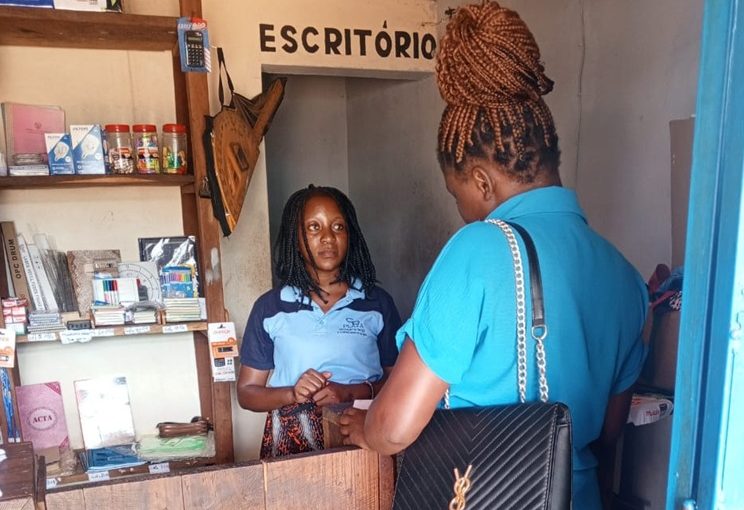
All photos: Courtesy of Gapi
- Gapi has already started work in dozens of locations, preparing for the launch of the project
The creation of 12 business incubators to train and support 1,080 young entrepreneurs in the northern region of the country is underway, states a news release from Gapi-SI, which has organized teams comprising 36 young technicians who have for the past two weeks been visiting dozens of locations in the districts where the incubators will be initiated.
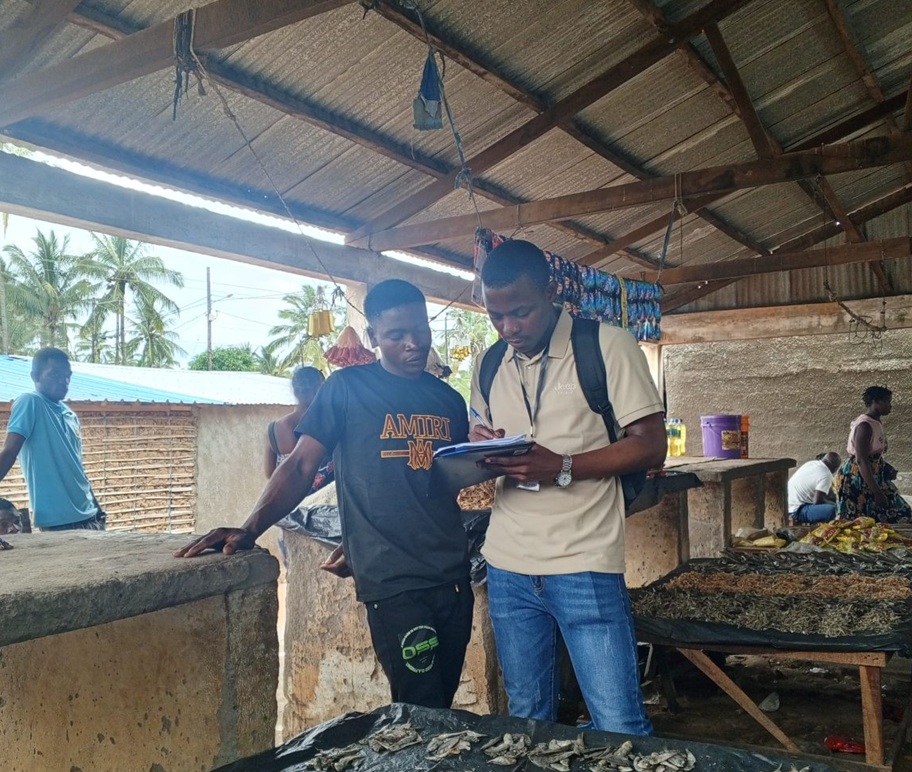
“Through these 12 incubators, 1,080 entrepreneurs will be trained and supported, 40% of whom will be women, who will create the same number of start-ups, who will have access to a start-up fund, in addition to complementary services such as internet access, networking events, assistance with business legalization, equipment and tools, among others. These new micro-enterprises will be challenged to create around 3,250 new jobs,” the communiqué reads.
The implementation of this project, called INCUBOX II, is being coordinated by Gapi under the motto “From idea to business”, and also has the assistance of the Aga Khan Foundation. This is the second phase of this project that tested and improved the business incubator model in rural areas. A pilot phase implemented for 18 months in three districts of Niassa province covering 120 young entrepreneurs, is now extended to 12 districts, namely Mandimba, Mecanhelas, Cuamba and Marrupa, in Niassa; Balama, Palma, Chiure and Montepuez in Cabo Delgado; and Ribáuè, Mossuril, Lumbo and Ilha de Moçambique, in Nampula.
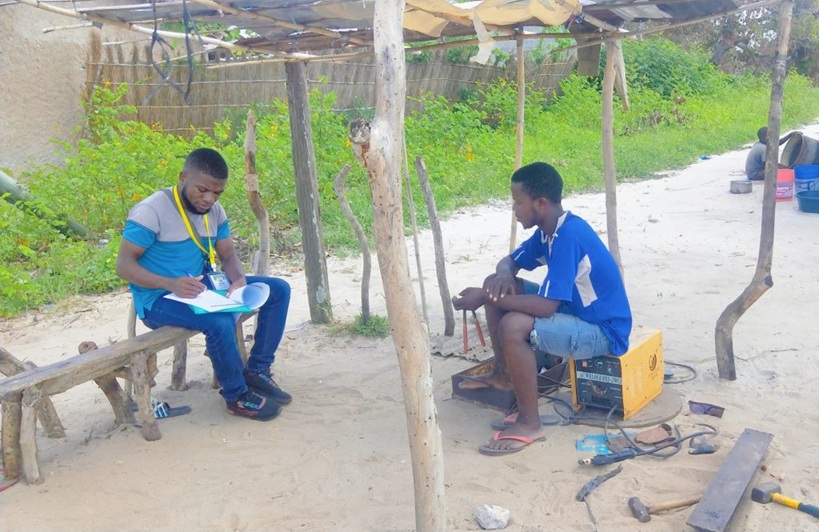
The project director, Rui Amaral, explained that two components are included, one of which is entrepreneurship, in which candidates must be between 18 and 35 years old; be finalists and/or recent graduates (up to two years) of secondary, technical or university education; be residents of the implementation districts; be entrepreneurs or aspiring entrepreneurs with some business idea in the sectors defined by the initiative; be available to participate, for three months, in the incubation program, events and meetings.
The second component is the internship component, in which the requirements are to be between 18 and 30 years old, to be a high school, technical or university graduate, to be a resident of the implementation districts, with no professional experience required, but having two months to participate in the local internship program.
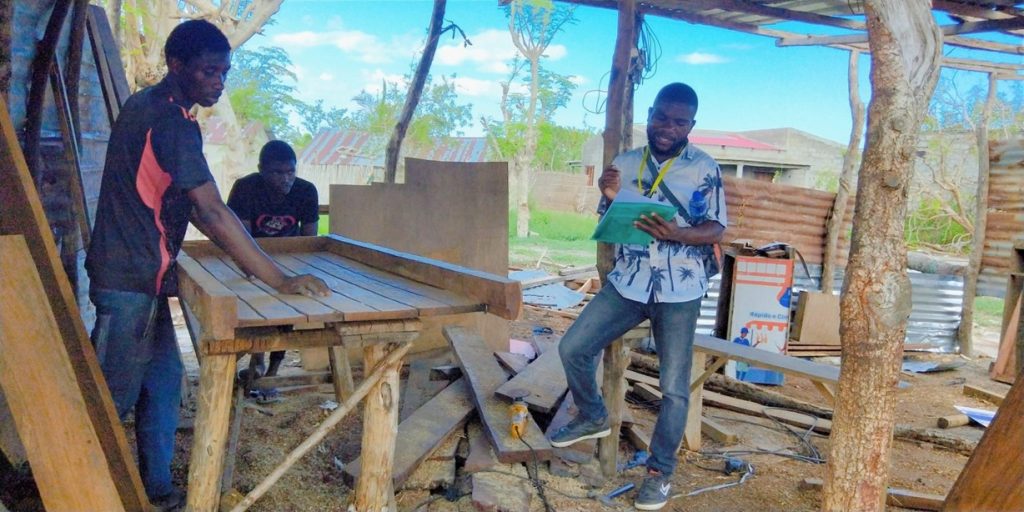
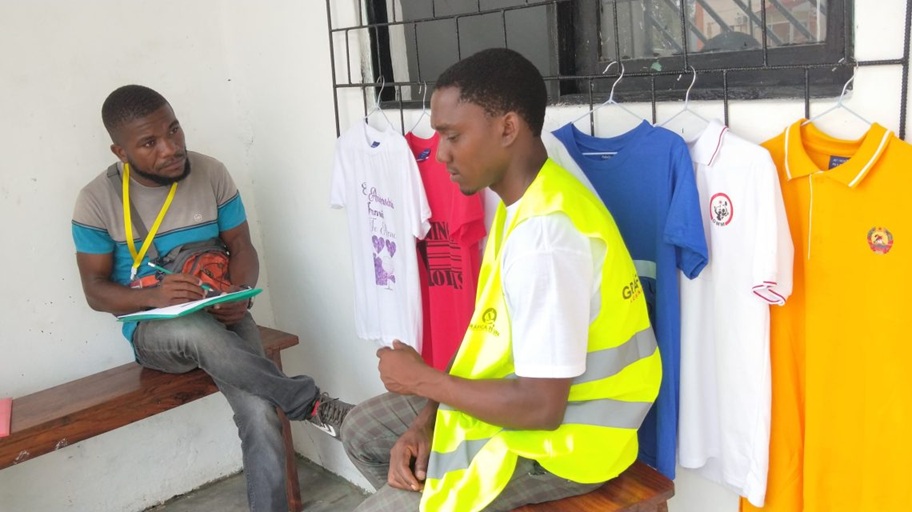
In terms of financing, the project initially includes a component called a “start-up fund” for those who participate in the incubation of new businesses. Aware that these new companies will need access to additional financing to launch on the market, Gapi will work with other institutions to propose a line of credit that can be used on affordable terms by those who perform best, complemented by post-incubation technical assistance that includes support in preparing financing applications. “The resources for this line of credit still need to be mobilized,” said Edwina Ferro, one of the project managers.
“We believe in the union of synergies, which is why we have established some partnerships, such as the one we have with AIESEC (International Association of Students of Economics and Commercial Sciences) to promote international internships through a network of more than 120 countries and, using the experience of previous programs such as Agro Jovem, in which educational institutions play a leading role in the incubation, mentoring and monitoring of beneficiary students, partnerships were established with the Balama Agricultural Institute, the Bilibiza Agricultural Institute in Quissanga, the Martir Cipriano Polytechnic Institute in Mossuril, Nacucha and Lumbo and the Ilha de Mocambique Polytechnic Institute,” Amaral explained.
Environmental issues were taken into account when designing the project’s infrastructure and equipment, which is why the incubators are prefabricated modules that are easily installed and replicable, using self-sustainable solar energy and also including Wi-Fi internet, toilets and a storage shed for equipment and means of transport.
Currently, teams of 36 technicians organized by Gapi are carrying out a baseline study on the current stage of the local entrepreneurial ecosystem and its challenges in the northern region of the country. To this end, technicians in the field are carrying out a set of five surveys with specific aspects, involving government institutions, educational institutions, mobile phone operators, financial institutions and young entrepreneurs and potential beneficiaries.
INCUBOX II also includes a strong digitalization component that begins with the provision of smartphones to beneficiaries, complemented by training on online use and security, access to free internet in the incubator space, and access to training related to business management through virtual reality.
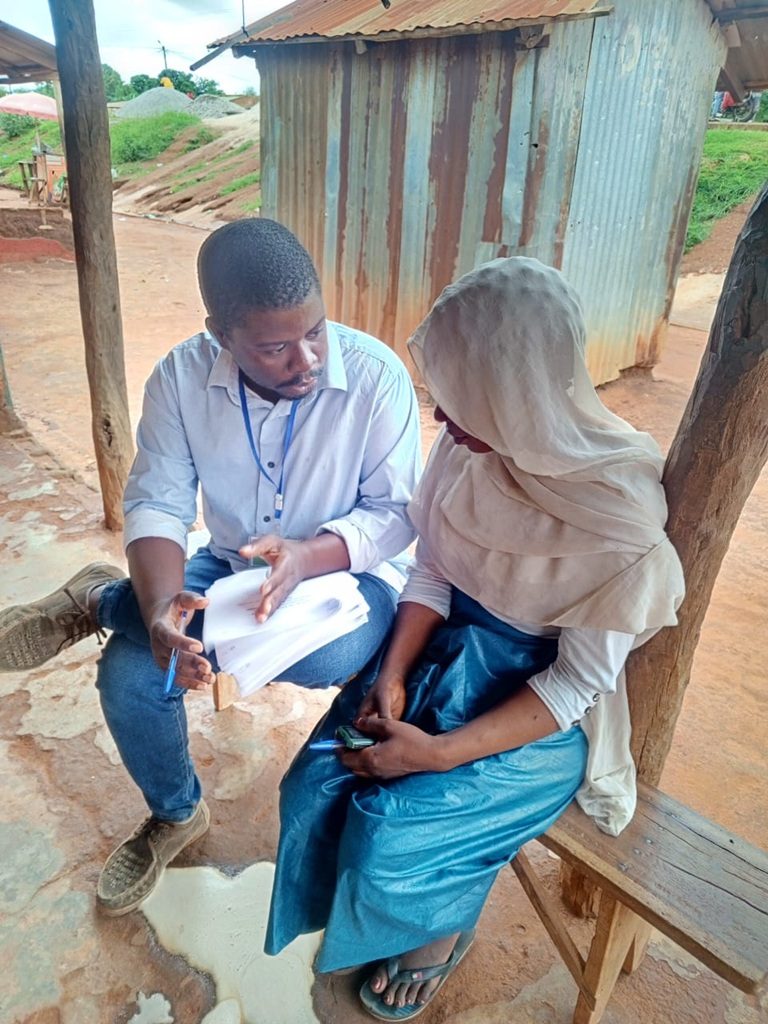












Leave a Reply
Be the First to Comment!
You must be logged in to post a comment.
You must be logged in to post a comment.